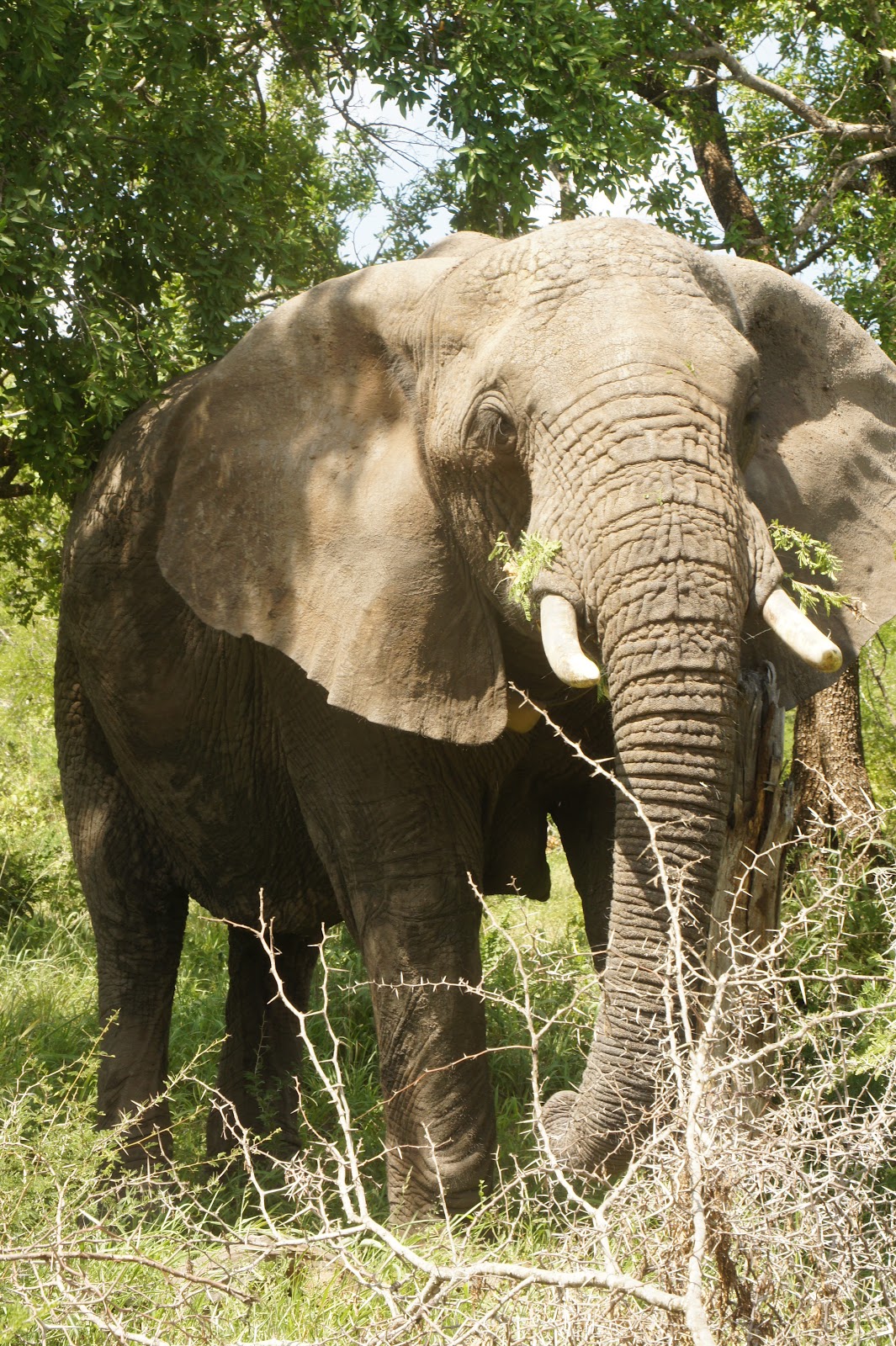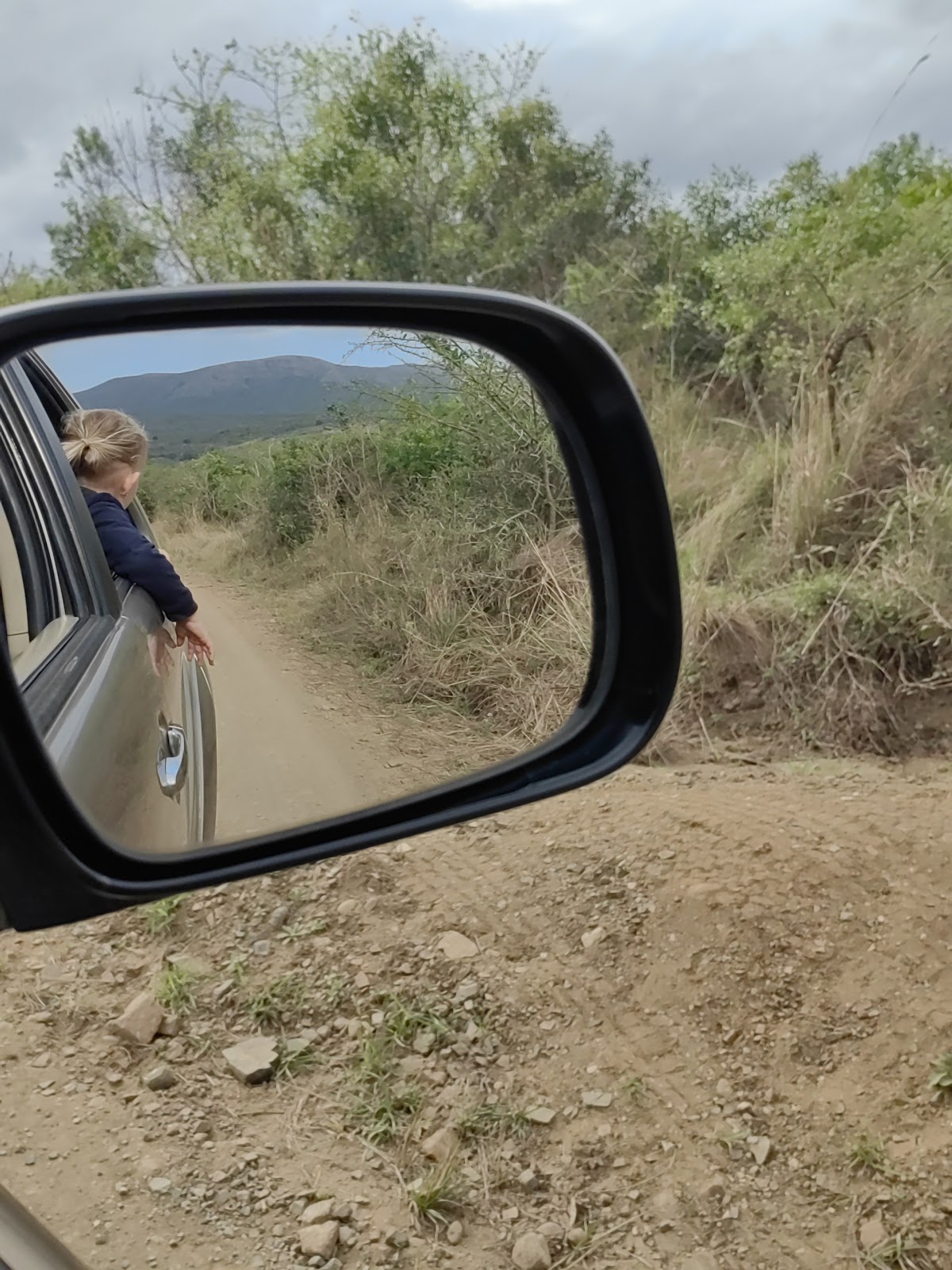🌍 Why the Future of Wildlife and Conservation Depends on Our Children
As parents, nature lovers, and global citizens, we want our children to inherit a world full of wonder — teeming with wildlife, clean rivers, forests that hum with life, and skies filled with birdsong. But the truth is, if today’s children don’t learn to love and protect the planet, tomorrow’s adults may be too late to save it.
🐾 Why Involving Children Matters
Conservation is not just about saving animals — it’s about preserving balance, biodiversity, and life itself. And right now, that balance is tipping dangerously. Across the globe, ecosystems are being lost at an alarming rate. Iconic species like rhinos, elephants, and pangolins are vanishing. But it's not just about the big names — even the tiniest pollinators and local birds are declining. If the next generation doesn't understand why this matters, who will stand up for the voiceless?
Children are the inheritors of this planet. If they’re not brought into the conversation now — if they don’t feel the urgency — there may be no one left to carry the torch of conservation when our time is up.
🌱 The Disconnection Is Real
Many children today are growing up disconnected from nature. Screens are replacing streams, and concrete is replacing green spaces. Without firsthand experiences — spotting a buck in the bush, watching a chameleon change colour, or learning how a dung beetle plays its role in the ecosystem — conservation becomes an abstract idea, not a personal mission.
And we can't protect what we don't know, love, or understand.
🧠 Young Minds, Big Impact
Children have a remarkable capacity for empathy, curiosity, and creativity. When they learn about endangered species or plastic-choked oceans, they don’t shrug — they care. They ask questions. They want to act.
Whether it’s through school eco-clubs, beach cleanups, planting indigenous trees, or visiting conservation areas, empowering children gives them a sense of agency. And that’s exactly what the planet needs — millions of little hands doing big things.
🐘 The Wildlife Connection
In places like St Lucia, South Africa — where we are so lucky to raise our children — we see the magic of wildlife up close. But even here, our ecosystems are not immune to human pressure. Conservation isn't just the work of scientists or park rangers — it's a community mission. And children are a key part of that community.
Imagine a child who grows up loving hippos and hornbills. That child becomes a teenager who joins conservation efforts, a young adult who studies environmental science, or simply a parent who passes on that love to the next generation. It starts now.
🌍 The Ripple Effect
When children are involved in saving the planet, it creates a ripple effect. They inspire their families. They raise awareness in schools. They grow up to vote, advocate, and influence policy. And they remind all of us — parents, teachers, leaders — why protecting our planet matters.
💚 What Can We Do as Parents?
Make nature normal. Go on family walks. Explore rock pools. Watch birds. Visit game reserves.
Talk about tough topics — pollution, extinction, climate change — in an age-appropriate way.
Support local conservation projects and include your children in the experience.
Choose eco-friendly habits at home — recycling, reducing plastic, saving water — and explain why they matter.
Encourage questions and help them find the answers.
🐾 A Future Worth Protecting
If we want rhinos to still roam the bush, turtles to swim in our oceans, and forests to breathe life into our planet — we must raise children who care deeply and act bravely. Conservation is no longer optional. It’s survival. And the children of today are the conservationists of tomorrow.
Let’s raise a generation who doesn’t just admire nature — but fights for it.
🔗 Join the conversation!
Follow our journey raising nature-loving children in St Lucia, South Africa, on Facebook:
🌿 Follow me for live on safari! Facebook profile - Kate W on Safari
🦁 Join our community: Wildlife of St Lucia Facebook Group.
Let’s create a wilder, greener future — together.






Comments
Post a Comment